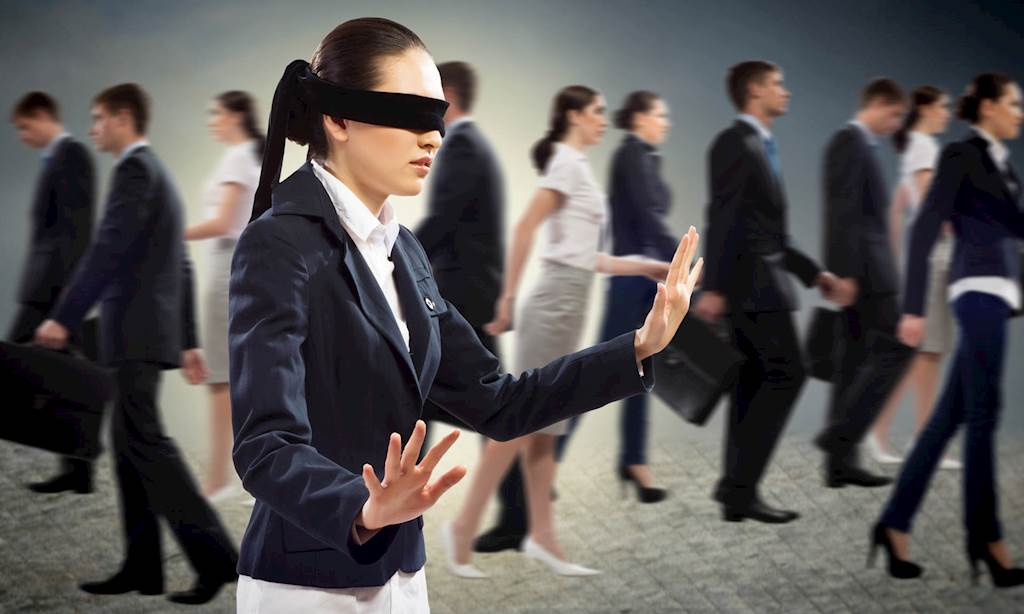Imagine what your life would be like if you literally had no idea what was going to happen next. Second by second, despite all the sensory information you were receiving, you literally had no clue how it was going to affect you. How would you cope – both physically and mentally – without any way of predicting how the ever-changing environment, the things and the people you interacted with, would behave? You wouldn’t appreciate how that truck, that cold water, that menacing face might affect you. Life would be an absolute nightmare and the truth is you’d be very unlikely to survive – how could you foresee danger, take advantage of opportunities and ensure you were prepared physiologically for whatever life might throw at you? Your heart would be constantly racing, your nerves on a knife-edge…
Predicting what comes next
Fortunately, humans have one of the most developed abilities to predict what will happen next with a fair degree of accuracy, and also an incredible instinctive ability to survive if our predictions are wrong. Critically, we also learn from such encounters and adjust future predictions so they are more accurate, to ensure we never make the same mistake again. By definition, this system has to operate at an automatic, unconscious level, to provide an early warning system to maximize our chances of survival if we get things wrong. It’s binary – our predictions are either 100% accurate or they’re not. The system doesn’t categorise better-than-expected or worse-than-expected events, just inaccurate ones. It instantly turns on our defences to potential danger, ramps up our arousal so we are ready to flee or fight, and alerts our conscious brain that something is not as it should be - shifting our attention and learning from the discrepancy.
The tripping point
Any moment when our expectations are violated is called a ‘tripping point’. These moments happen thousands of times a day and fortunately most are trivial – the door that says push but won’t open till you pull it; when your phone/keys aren’t where you expect to find them; an uneven paving slab under your feet; the tiny delay in your lover’s explanation for not answering their phone last night, and a myriad of others. All these are tripping points and all will cause subtle but detectable changes in your arousal levels. Scientists can now detect tripping points using heart-rate monitors, EEGs, skin conductance devices, facial coding, voice analysis and by studying how people walk, stand and the size of their pupils. By knowing the context in which they occur, they can hypothesise the cause of each tripping point and the way they interact with others to drive behaviour.
The impact of a tripping point
Tripping points are an everyday occurrence, but in the commercial world, removing their impact is a crucial step to improving sales and profit by making it more likely that a customer will complete their purchase. The key to successful customer journeys is a smooth experience – the fewer tripping points, the better! For most businesses that look to encourage customers to try, and then continue to buy their products and services, the ability to identify, understand and then remove tripping points offers a huge step forward in the design of better customer experiences.
And to those who seek to change, rather than reinforce current behaviour, the introduction of tripping points into an existing experience offers the hope of making it more likely people will abandon that behaviour in favour of a different one. The latter’s implications for changing ‘bad’ behaviours (poor diet, drinking, not switching energy suppliers, benefit cheats, etc.) are obvious and offer exciting alternatives to the current dearth of effective solutions.
Access the latest business knowledge in Marketing
Get Access





Comments
Join the conversation...